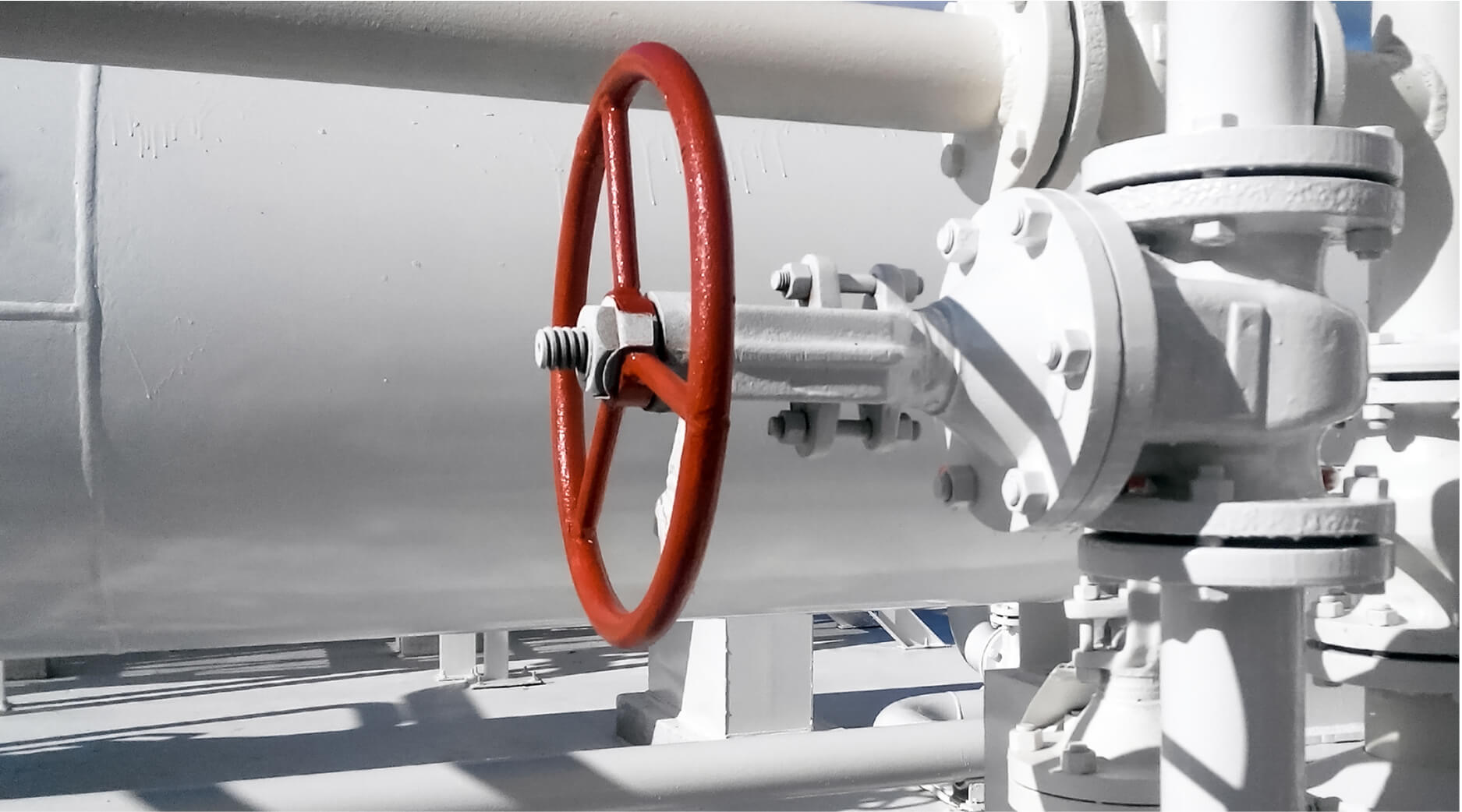
(5 min read)
Few will have missed the flurry of media coverage, articles and LinkedIn posts last week in respect of the National Development Plan Review 2025 (NDP Review). The proposed €270+ billion investment to tackle Ireland’s infrastructure deficit is very welcome news, however elements of the NDP Review raise questions around the State’s ability to overcome significant barriers that may impede delivery.
Having fully digested the NDP Review, our Construction & Infrastructure Team outline what we consider to be potential impediments that may require further consideration in order to deliver on the State’s ambition
Key Takeaways from the NDP Review
Whilst well publicised at this stage, the following are the key takeaways from the NDP Review:
1. Overall Investment: a transformative €275.4 billion investment programme spanning 2026–2035. With an initial €102 billion earmarked for capital investment by 2030, the NDP represents a significant commitment to addressing Ireland’s infrastructure deficit.
2. Sectoral Allocations: The €102 billion capital investment by 2030 is allocated across critical sectors, with housing and transport receiving the lion’s share:
a) Housing: €36 billion
b) Transport: €22 billion
c) Health: €9.25 billion
d) Education: €7.55 billion
e) Climate, Energy, and Environment: €5.64 billion
f) Rural and Community Development: €1.33 billion
*A full breakdown of how funds are being allocated is set out in the table at the bottom of this article.
3. Housing and Water Infrastructure: A central objective of the NDP is the delivery of 300,000 new homes by 2030, supported by a €35.96 billion allocation to the Department of Housing, Local Government and Heritage. Of this, €7.68 billion is targeted at upgrading water infrastructure, a critical enabler for housing development. Addressing water infrastructure deficits is essential to ensure new homes have reliable connections, which is a current obstacle delaying delivery of housing.
4. Transport and Low-Carbon Projects: €22.33 billion is allocated to transport, including €2 billion specifically for low-carbon transportation projects such as MetroLink, funded through the Infrastructure, Climate and Nature Fund (ICNF).
5. Investment in Utilities: €10 billion in equity funding is earmarked for critical projects, including €3.5 billion for energy grid upgrades (ESB and EirGrid) and €4.5 billion for Uisce Éireann to enhance water infrastructure.
6. Education: €7.55 billion has been allocated to the Department of Education to deliver schools that meet the demands of Ireland’s growing population. This investment is critical to ensuring the country’s education infrastructure keeps pace with demographic changes.
7. Infrastructure Reforms: A new Infrastructure Division has been established to examine means by which delivery of key infrastructure can be accelerated with a particular focus on electricity, water and transport projects to allow for the delivery of the 300,000 new homes. A taskforce called the ‘Accelerating Infrastructure Taskforce’ has also been set up. It will be tasked with producing a report on barriers to infrastructure delivery and the high impact reform measures that are required. There is no indication as of yet what these might be or how realistic having these measures implemented quickly and effectively will be.
Potential Impediments on delivery:
Having considered the contents of the NDP Review, we feel there are some areas where the State could have been clearer on its ambition and sought to address some of the obvious impediments to delivery. We discuss some of these areas below:
Target Projects & Timelines
Ambition without a clear focus can, on occasion, result in a lack of meaningful progress. There is no denying the ambition behind the NDP Review. However, it seems a missed opportunity not to designate funds and timelines to specific projects and instead leaving the allocation of funds to Ministers to prioritise programme and projects.
Whilst the Metrolink is expressly called out and identified for €2 billion in funding, with a pipeline of other material infrastructure projects in need of prioritisation the NDP Review could have taken the opportunity to call out and expressly prioritise these projects.
Market Perception
The announcement of the €275.4 billion investment in infrastructure has been met with considerable intrigue by many of our international client base. People were also curious but somewhat doubtful about whether the ambition would result in the delivery of projects. To deliver these large infrastructure projects Ireland needs foreign expertise willing to invest time, resources and in some cases establishing operations in Ireland. The State needs to show a clear willingness to commence some large infrastructure projects in order to change that perception and grow confidence in the State’s ability to deliver on this ambition. We understand that the relevant State bodies involved in delivery of infrastructure projects are undertaking a roadshow around Europe to meet with this cohort of infrastructure experts, which should help alleviate concerns around delivery.
Stifled Investment
Within three days of the NDP Review being published came the announcement that Amazon had scrapped its plans to build an industrial plant in Dublin because it was unable to secure an electricity supply for the €300 million project. This missed opportunity for Ireland is further exacerbated by the curbs on new data centres being developed due to electricity shortages. There needs to be a strategic priority in upgrading energy and water infrastructure to avoid a continued hampering of investment in the State for these projects. Whilst that may come via Ministerial order, it needs to be prioritised.
Labour
The NDP Review raises a concern around lack of construction workers in Ireland that are available to deliver on the State’s infrastructure needs. The NDP Review goes on to flag a potential gap of 80,000 construction workers being required to meet the 300,000 housing targets. This is at odds with the view of the Construction Industry Federation (CIF), who say there are no capacity constraints on the industry side to deliver these major infrastructure projects. The CIF instead say that their members have had to expand their operations into the UK and Europe to sustain their business as projects in Ireland are being delayed due to planning bottlenecks and a lack of shovel ready projects. To encourage construction workers to either come to Ireland or return from projects in the UK and Europe, there will need to be a clear and committed pipeline of projects.
Planning Bottlenecks
Whilst positive reforms have been implemented through the Planning & Development Act 2024, given the continued delays in the procedural and legal processes associated with securing a valid and usable grant of planning, it appears these reforms are not targeted enough to allow for the efficient delivery of these infrastructure projects. The Department of Public Expenditure Infrastructure Public Service Reform and Digitalisation published a report on 29 July 2025 titled Report on Engagement and Barriers to Infrastructure which identifies 12 primary barriers impacting on the delivery of infrastructure projects. Unsurprisingly one of these barriers is that the number of judicial reviews being issued continues to increase sharply, with applications already 20% above last year’s 147, which when compared with 42 applications in 2014 shows how significant an issue this is becoming. In delivering the report, Minister Jack Chambers said:
“I am deeply concerned that judicial review is too often being used as a mechanism, and a tactic to obstruct and delay. This distorts the intended purpose of judicial review from a remedy of last resort to a tactical tool to delay infrastructure development”.
These words will likely ring true for a lot of industry experts who hold similar views. It now falls to the Accelerating Infrastructure Taskforce to identify a potential route forward here in its report and action plan that is expected in Autumn.
EIA Exemptions
The NDP Review does not identify alternative options available to the State to accelerate delivery of some of these critical infrastructure projects. Article 2(4) of the EIA Directive allows member states to exempt specific projects from the EIA process in ‘exceptional cases’. To be considered an exceptional case the project must be one where failure to implement would be against public interest and would have threatened political, administrative or economic stability and security. Where this exemption is relied upon, a member state must then adopt alternative procedures to ensure overriding objectives of the EIA Directives are otherwise achieved. Ireland has used this exemption once so far, to secure energy supply in response to the Ukraine War. However, other member states seem more willing to rely on this exemption (Link to EIA Exemption Notifications) to speed up the delivery of critical infrastructure. The State should be encouraged to explore further whether it could use such exemptions, and whether some current infrastructure or gaps in infrastructure are critical enough to justify applying this exemption. Reliance on such an exemption may in itself lead to a judicial review and/or EU referral, so whilst not necessarily the answer to the problem it is an avenue, amongst others available, that should be explored as a means to accelerate delivery of infrastructure projects without shirking environmental responsibilities.
Procurement Challenges
Procurement rules remain a significant administrative burden for public authorities, delaying project delivery. Whilst procurement rules are expected to be overhauled in the coming months, it remains to be seen whether these changes will streamline processes effectively. The proposed reforms to EU procurement rules offer significant opportunities for businesses while addressing long-standing inefficiencies. However, their success will depend on effective implementation and balancing competing priorities such as innovation, sustainability, and fairness.
In conjunction with the consultation being undertaken as part of the European Commission’s evaluation on the three Public Procurement Directives, the Office of Government Procurement OGP) recently updated its National Public Procurement Strategy for Ireland. The strategy outlines Ireland's Strategic Public Procurement Roadmap, developed collaboratively with the European Commission and Irish stakeholders. It forms part of a broader EU initiative to promote the use of strategic public procurement (green, social, and innovation-focused) across Member States. It also identifies key challenges, solutions, and actions to enhance public procurement practices in Ireland, with a focus on sustainability, transparency, SME participation, and professionalisation of procurement.
Conclusion
The NDP 2025 is an ambitious plan with the potential to transform Ireland’s infrastructure landscape. However, its success will depend on the Government’s ability to streamline planning, procurement, and delivery processes while addressing legal and administrative challenges.
At Addleshaw Goddard, we are closely monitoring developments in the NDP and the proposed reforms. Our team is ready to assist clients in navigating the opportunities and challenges presented by this unprecedented investment programme.










